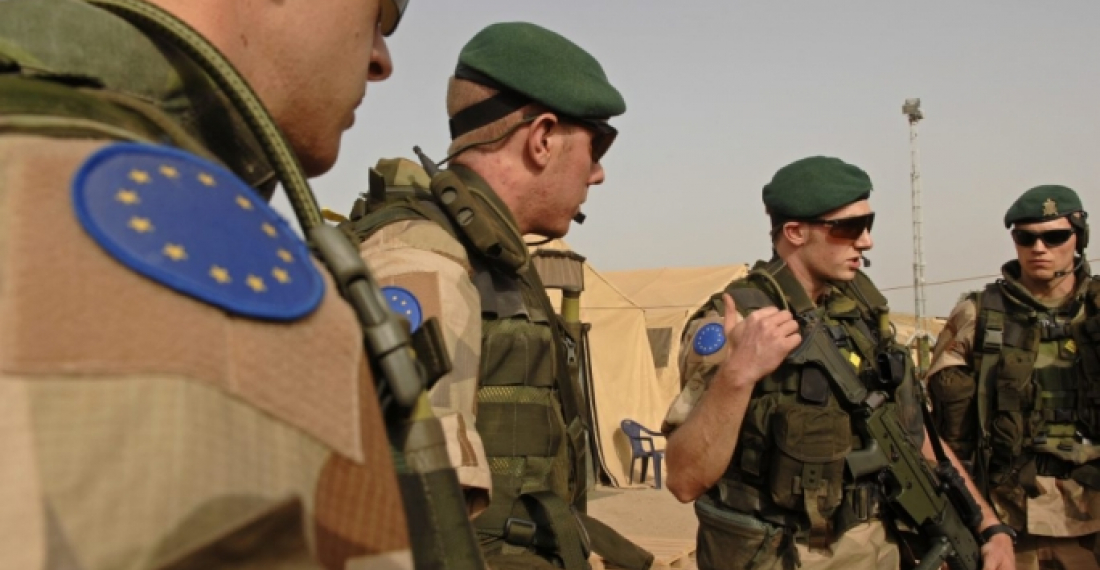Portugal’s defence minister wants to strengthen political dialogue between the European Union and African decision-makers, which he believes is insufficient despite the fact that most European military missions are in Africa.
According to the Brussels webportal EURACTIV João Gomes Cravinho in an interview with the Portuguese news agency, LUSA, also announced that an informal summit of EU defence ministers, initially scheduled for 2 and 3 March, has been postponed to “the end of May” so that it can take place face-to-face in Lisbon.
“I have planned for the informal summit to invite a set of African ministers and counterparts to dialogue with European Defence ministers. Because the European [military] missions are almost all in Africa and yet the political dialogue with African decision-makers is insufficient, we need to build this bridge, to improve this bridge,” he told Lusa.
According to Gomes Cravinho, several defence ministers from African countries and leaders of regional organisations, such as the president of the Economic Community of West African States (ECOWAS) and the seven east African countries in the regional organisation for the Horn of Africa, have already accepted the invitation to the informal defence meeting.
A second aspect the Portuguese minister wants to introduce in the “construction of the European Defence identity”, is giving greater importance to the maritime component.
“With the new central role of the Atlantic and the importance that the seas have for our trade and with the resurgence of piracy in the Gulf of Guinea”, it is necessary to have in the “European defence identity a maritime dimension that has been undervalued”.
He stressed that the European Defence Fund will become operational during the Portuguese presidency of the Council of the EU. EDF is an instrument that will allow the financing of investment projects in the military and defence area with a return for the European economy, he said.
Gomes Cravinho also highlighted the so-called Strategic Compass’,’ a guiding document which aims “to be the script for the European Defence identity” that translates the priorities of the European Union’s Global Strategy and the consequent missions.
Presented by EU defence ministers in June 2020, the Strategic Compass covers three phases: an analysis of threats to the EU, the establishment of strategic objectives to strengthen the EU as a security and defence actor, and the creation of political guidelines for military planning procedures.






